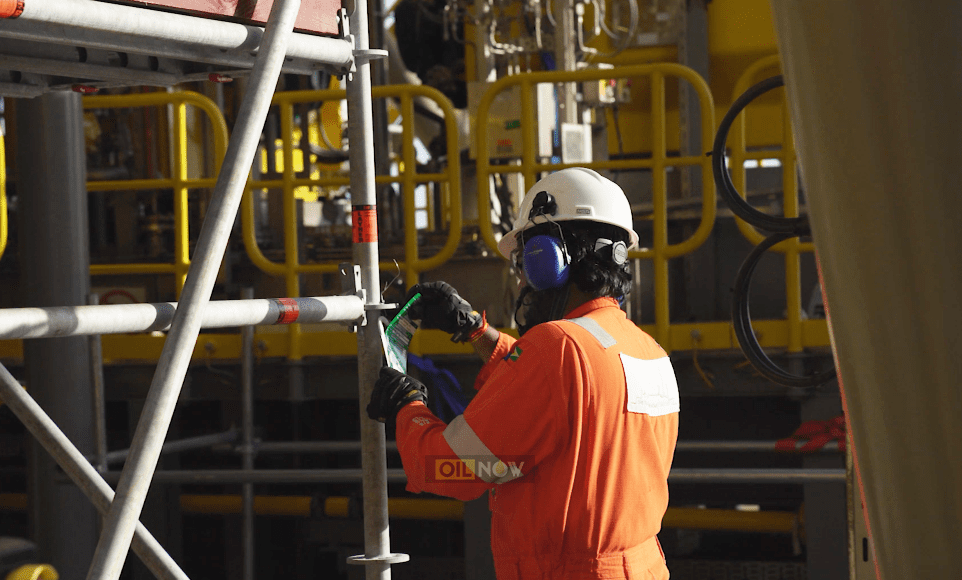The South American country of Guyana has been striking oil in quick succession and building the capacity needed to manage the new industry in stride, with officers from the country’s standards bureau already carrying out monitoring activities on the first oil production complex – the Liza Destiny. Now, from this month, inspectors will begin testing the crude being produced some 120 miles offshore, as the second Floating Production Storage and Offloading (FPSO) vessel – Liza Unity – is set to come on stream soon.
The Guyana National Bureau of Standards (GNBS) is responsible for monitoring measurements on the FPSOs, and this started soon after oil production began back in December 2019.
The Bureau said in 2022 it will fully take over the responsibility of testing the crude oil brought to the surface to determine a number of quality parameters.
With 10 billion barrels of oil equivalent discovered since 2015 and multiple developments planned in the coming years, GNBS has been moving to build capacity. In 2021, it established an oil and gas department to better streamline the offshore activities and monitor the sector.
“Importantly, GNBS monitoring activities in the sector are done in accordance with the American Petroleum Institute (API) Standards, which are recognised globally,” the agency said. “These standards relate to the accuracy of flow meters, tank gauging, sampling and testing of crude.”
To ensure access to these standards and other crucial benefits, in mid-2021 the GNBS fortified its relationship with the API by signing a Memorandum of Understanding (MoU) with that entity.
“Meanwhile, in anticipation of the arrival of Lisa Unity to join Lisa Destiny, in 2021 the GNBS employed six additional Inspectors to service both vessels,” the agency stated.
It said investments were made to train and build the competence of both its old and new oil and gas Inspectors for them to effectively and efficiently serve the sector. Inspectors were exposed to both practical and theoretical aspects of measurement and safety standards and principles.
Training completed by Inspectors included the review of the flow process of the meter skid on the FPSO and verification of measurement points, equipment type, sample points, valve sealing process and the calibration of a prover loop based on the water-draw method. GNBS said Inspectors are significantly knowledgeable on the fiscal Metering System and the importance of ensuring that the equipment used at the critical measuring points is calibrated.
“Accuracy of the custody transfer meters is essential for any oil and gas platform since this is used to determine the quantity and financial value of product transactions,” GNBS said.
For safety, Inspectors have completed and are certified in the Emergency Breathing Systems (EBS) and Tropical Helicopter Underwater Escape Training (T-HUET).
“Regarding crude testing, the GNBS will commence this service from this January starting with two of five parameters. With the acquisition of additional equipment, in the short-term, capacity will be fully built to test for all of the parameters,” the agency pointed out.
Crude testing would be done to determine Density and Viscosity, Basic Sediments and Water, Salt in Crude, Hydrogen Sulphur in Crude, and Water Content.
GNBS said with support from the government and other partners in standardisation, it will continue to directly ensure that its measurement and testing services are provided onshore and offshore to protect the interest of the people of Guyana.



